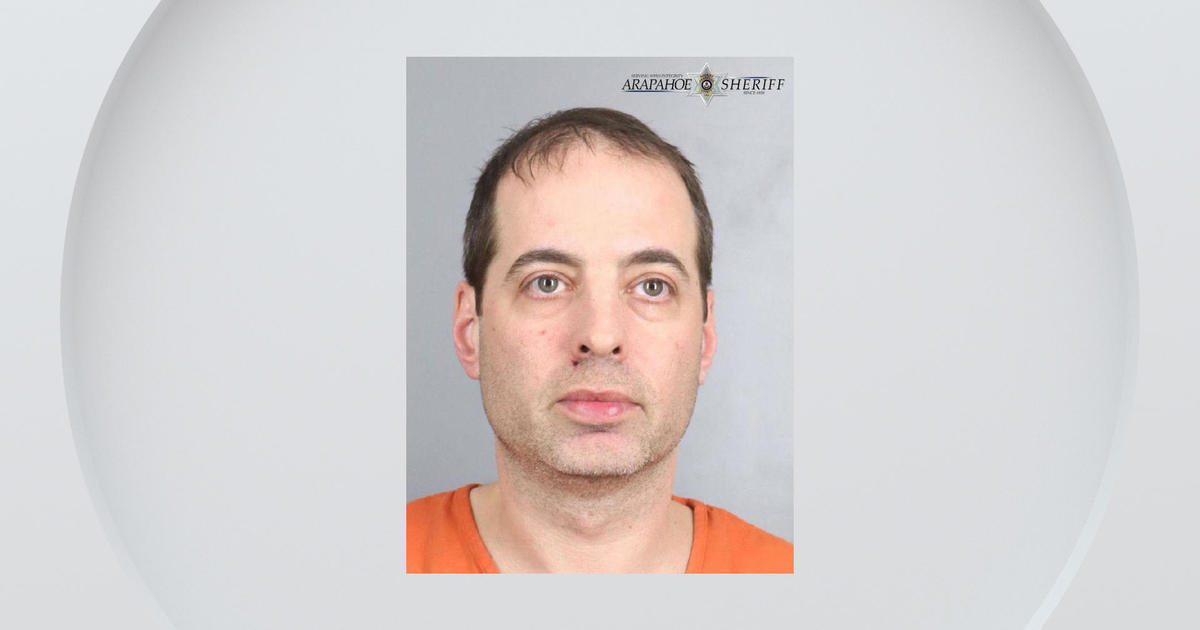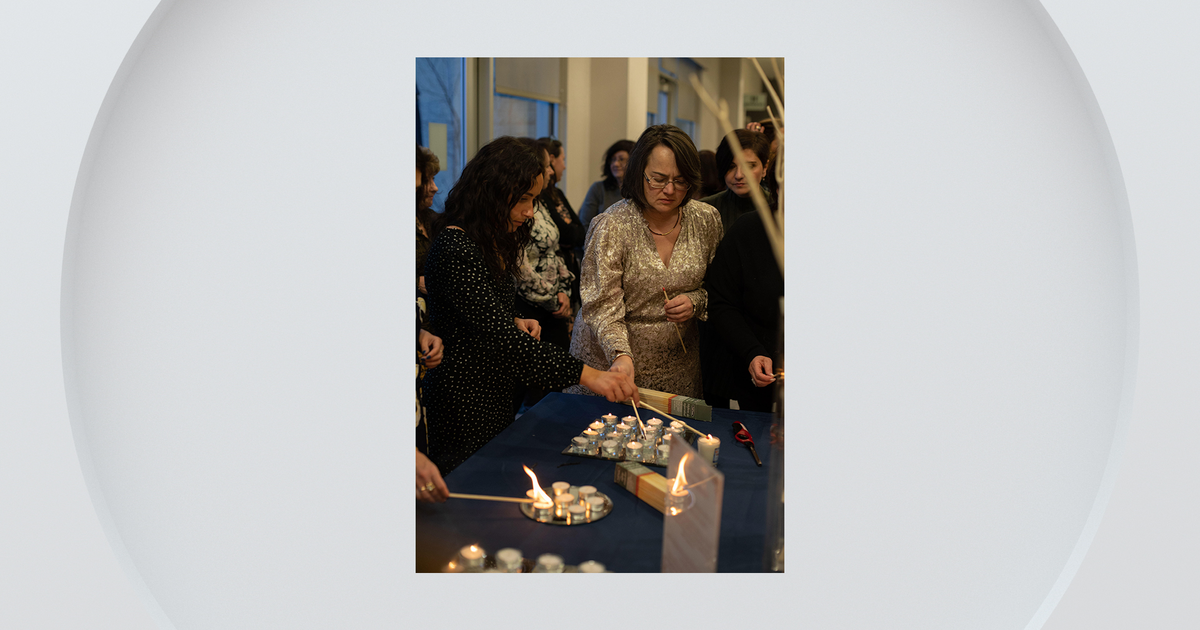Prosecutors Launch Last Push For Theater Shooter's Execution
CENTENNIAL, Colo. (AP) — The jury in the Colorado theater shooting trial will hear even more heart-wrenching testimony Tuesday from those who lost loved ones in the attack, as prosecutors begin their final push to have James Holmes sentenced to death.
It comes after jurors rejected arguments Monday that the former neuroscience student's mental illness should remove the death penalty as an option. They deliberated for less than three hours.
"The case for death is only going to get stronger from this point forward," said Denver attorney and former prosecutor Craig Silverman. "This jury is not going to want to disappoint the families of these victims. ... I'd be very surprised if the verdict was anything other than death."
The same jury swiftly rejected Holmes' insanity defense, deciding he was capable of telling right from wrong when he opened fire during a Batman movie in the Denver suburb of Aurora on July 20, 2012. Their quick decision Monday also bodes well for prosecutors, Silverman said.
Other legal experts said there's no way to predict the final decision by the nine women and three men who already convicted Holmes of murdering 12 people and trying to kill 70 others.
Jurors Monday found simply that Holmes' mental problems and the portrait his attorneys painted of a kinder, gentler younger man did not outweigh the horrors of his calculated attack on defenseless moviegoers.
This final stage can be more challenging for each juror. To choose capital punishment, they must be unanimous, said another Denver defense attorney, Karen Steinhauser, who is also CBS4's legal analyst. Otherwise, Holmes would be sentenced to life in prison without parole.
"When jurors have to decide if life or death is an appropriate sentence, nothing should be taken as a given," she said. "It's not over yet."
LIVE VIDEO: Watch The Trial Live At CBS4's Theater Shooting Trial Special Section
Sandy Phillips, whose daughter Jessica Ghawi was killed, said prosecutors advised her that she would testify Tuesday.
"I'm a little overwhelmed, but at the same time, my job is to share Jessie with the jury, and I will do that to the best of my ability," she said outside the courthouse.
Phillips won't be able to tell jurors that she attended the trial every day in honor of her daughter or talk about her effort to change gun laws. Judge Carlos A. Samour Jr. set limits on the victims' testimony, saying he would allow prosecutors to convey the magnitude of the crime without overwhelming jurors with emotion.
For example, speakers will be able to talk about the last time they saw their loved ones, but only briefly. Friends of victims can testify, but they can't talk about the impact the shooting had on them, Samour said.
"I'm going to be watching the jury closely," Samour said.
As they have throughout the trial, Holmes' lawyers objected to photos and testimony they said was repetitive and overly dramatic.
Holmes had been a promising scholar in a demanding neuroscience Ph.D. program at the University of Colorado until his life went awry amid the pressures of laboratory work. He broke up with his first and only girlfriend and dropped out of school, abandoning his longtime goal of becoming a scientist.
He saw a campus psychiatrist but hid the depth of his turmoil from everyone, describing it instead in a secret journal where he methodically laid out his plans to kill.
Shortly after midnight, he slipped into the premiere of "The Dark Knight Rises," stood before the capacity crowd of more than 400 people and opened fire with a shotgun, assault rifle and semi-automatic pistol before surrendering to police outside.
By Sadie Gurman, AP Writer
(© Copyright 2015 The Associated Press. All Rights Reserved. This material may not be published, broadcast, rewritten or redistributed.)



